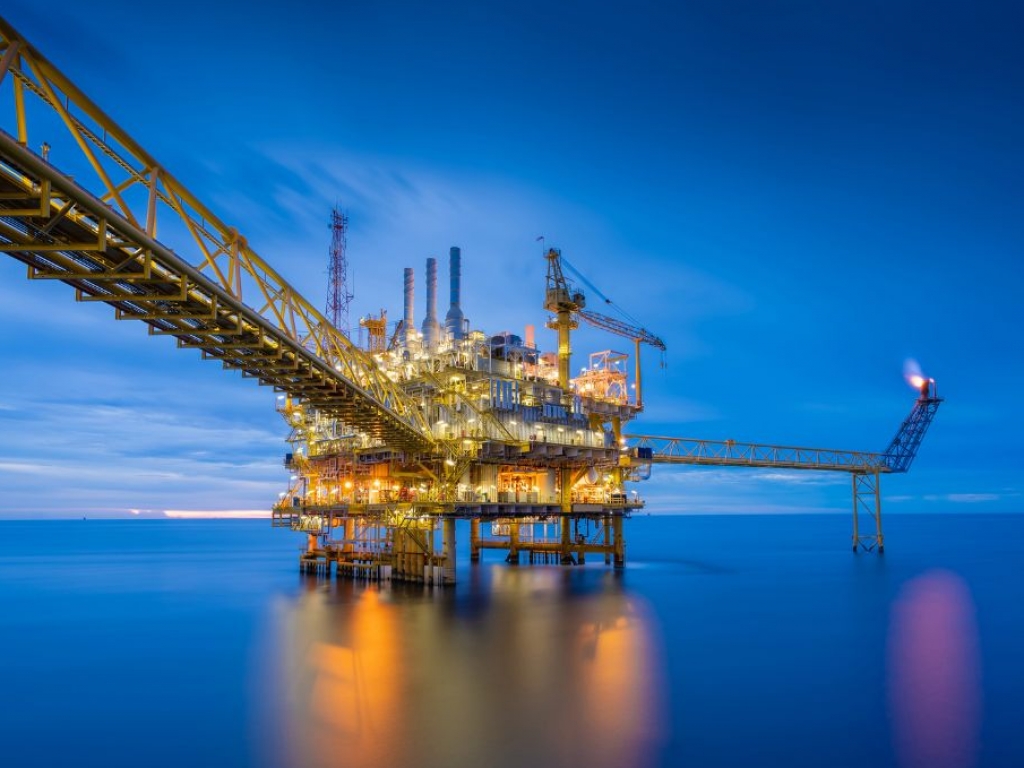Oil and hydrocarbons – Difference | Settala Gas
30 Maggio 2022

We are all well aware of the importance of oil, which represents one of the main raw materials of the economy and a valuable product, as well as a rare natural resource. So let us see what oil is, why it is important and what hydrocarbons are.
Oil – Definition and value
Oil is of fundamental importance as a primary source of combustible energy and is made up of a mixture of hydrocarbons, in particular hydrogen, carbon and other substances defined as impurities such as sulphur, but necessary for combustion.
Oil is extracted from the upper layers of the earth's crust and then processed to obtain the main derivatives, namely LPG, petrol, naphtha, kerosene, diesel oil, lubricating oil. In appearance, oil appears as a viscous liquid with a black to dark brown colour, although it often has a bluish or greenish colour.
Due to its importance, oil is also referred to with the term "black gold", since it is a non-renewable resource that lends itself to various uses: source of energy and heat, powering vehicles on land, air and rail, the basis for industrial chemicals. Due to its importance, the trend of oil prices on international markets is constantly monitored and mainly we find two types of oil
- Brent or European oil, whose name derives from a field located in the North Sea discovered in the 70s, off the coast of Scotland and today defines the material extracted in 19 North Sea oil fields
- WTI or American oil, whose acronym stands for West Texas Intermediate and is known as Texas Light Sweet. It is considered valuable for its chemical-physical characteristics and from its processing gasoline and light diesel oil are obtained
Brent and WTI are traded on the NYMEX, New York Mercantile Exchange, and the Intercontinental Exchange in Atlanta. The oil exchange unit is set at 1000 barrels and the price of Brent determines that of 60% of the oil extracted globally. The value is parameterized per barrel, with a unit of volume that corresponds to 159 liters or 42 US gallons or 140 kilograms of crude oil.
Oil – Origin and Extraction
Oil originates from a slime liquid and from hard coal, composed of microorganisms and unicellular algae that give life to petroleum rocks which, under pressure, release liquid and gaseous hydrocarbons that filter on the surface until they find a natural barrier of impermeable rocks. Today 30% of the oil is found in fields and goes up the well thanks to the natural pressure of water and injecting water, gas and vapours into the field extract gas and 30%. The remaining 40% remains in the rock and is not extracted.
Among the major oil producing countries are Russia and Saudi Arabia, while USA, China and Japan are the main consumers.
Hydrocarbons – Definition and Difference to oil
Hydrocarbons, unlike petroleum, are organic compounds consisting mainly of hydrogen and carbon atoms. The carbon atoms (C) are bonded together to form the molecule's skeleton. From a geological point of view, hydrocarbons are mixtures of compounds formed by only two elements (hydrogen and carbon), which can be found in the solid state (asphalts and bitumen), liquid (petroleum) and gaseous (methane).
Here, then, that oil is only a part of hydrocarbons or that in the liquid state and hydrocarbons differ are splitted between
• aromatic hydrocarbons - endowed with "aromaticity", a chemical property imparted by a benzene ring, which makes them particularly stable
• aliphatic hydrocarbons - not endowed with aromaticity
To find out more about hydrocarbons and their use, the advice is to contact sector specialists such as Settala Gas, a company specialized in the production, transport, storage and selling of these substances. Contact us for more information!
Contact us for more information about the world of hydrocarbons!
Contact us
Last News




